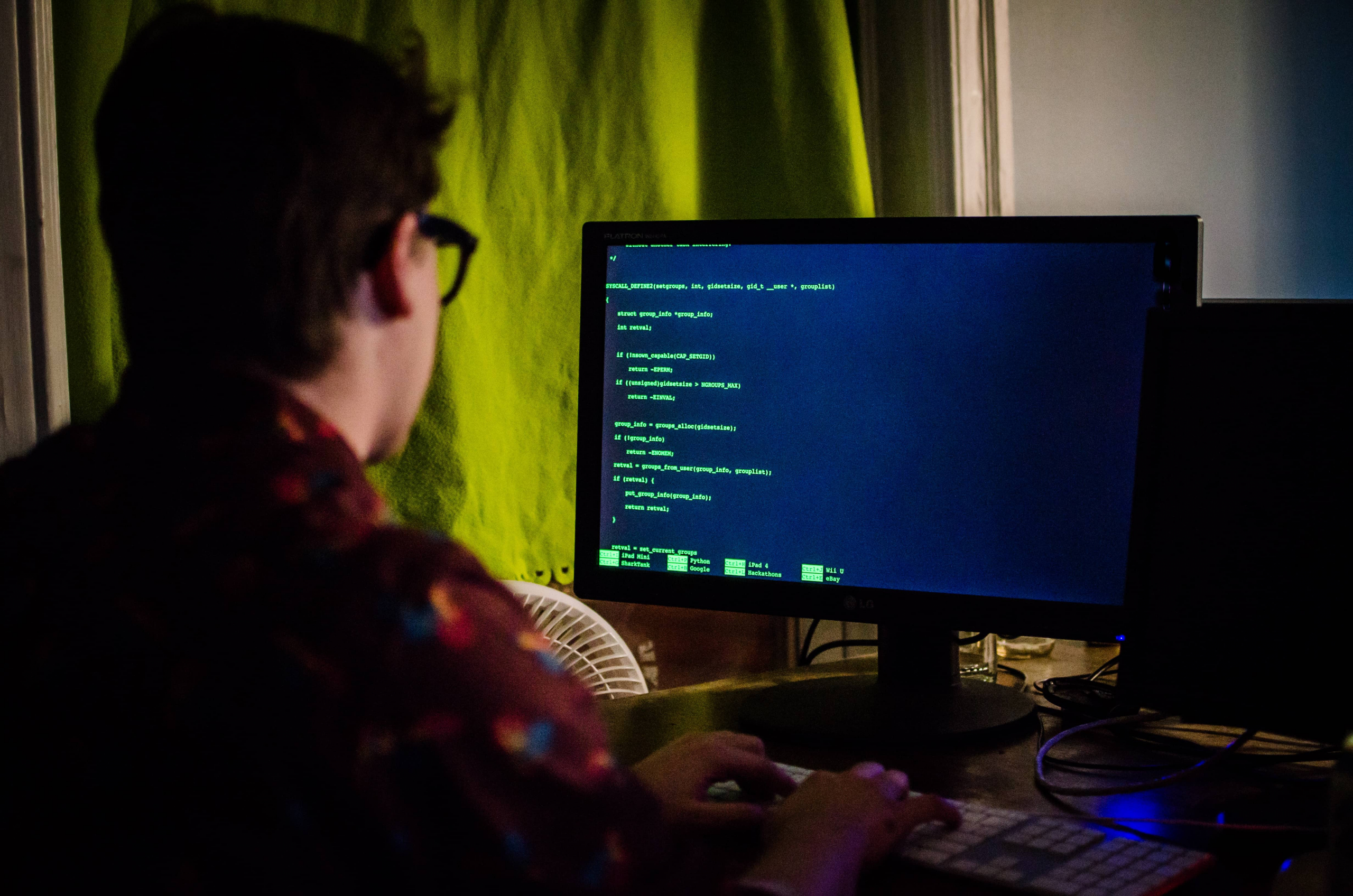The Munk School of Global Affairs recently hosted a conference on Hacktivism, the increasingly prominent online movement of social and political action that has resulted in real world consequences. With the moral and philosophical implications being uncharted territory, one is hard pressed to argue for or against this new style of resistance, especially when the ideological tenets of the groups involved are vague even to the most active of participants. Opening a discourse on campus is important, but what should the academics of U of T consider Hacktivism to be? Furthermore, what does it mean for the generation of students graduating, looking for a soap-box to have their voices heard?
A recently-produced documentary, We Are Legion, provides one, admittedly biased, analysis. It states that the movement, known most commonly as ‘Anonymous’ or Anon, is the technological generation’s way of ensuring that the Internet is open territory. The movement originated on the website 4Chan.org, on a forum called /b/random, around 2003. The forum was a way of communicating sarcasm and building online relationships by developing Internet-wide inside jokes — just think of any meme you have ever seen. However, in 2008, when Anonymous decided to troll Scientology, and Scientology responded with threats of active legal action, Anonymous really started to take force. On February 10, 2008, with one single online call to arms, thousands of individuals, clad in Guy Fawkes masks to conceal their identity, took to the streets to protest outside of all major Scientology buildings around the world.
From 2008 to the present, Anonymous has often been associated with positive acts of hacking, such as catching pedophiles, and sending ‘care packages’ to Egypt during the revolution, which detailed how to override government-sanctioned online censorship and how people could protect themselves from tear gas. Yet, they have also been associated with horribly offensive acts, such as the posting of videos of strobe lights on epilepsy forums.
We, the generation that ought to look to our online resources to enact political revolution, must find a means to ensure that these groups are centred and working towards a common goal. A lack of clear leadership is part of Anonymous’ appeal. It is inevitable however that major ideological divides erupt from this leader-less structure.
Presently, Anonymous is experiencing a rift between those who wish to use Anonymous for good and those who believe the sole purpose of Anonymous is to cause massive annoyance through online harassment or trolling.
There are many conflicting opinions about the efficacy of Anonymous. Personally, I think it’s pretty great. Anonymous, at its core, is the social zeitgeist that resists all things corrupt and unfounded and seeks to open all access, something the Internet is uniquely suited to facilitate, but which governments reject. Students who wish to make a change should look at this system and use it to their advantage; a lot can be done when the powers that be can’t locate or marginalize their antagonists. Yet, it should be noted that with anonymity comes outliers who can change the course of a movement at any time, from behind the same mask they choose to put on.
Olivia Forsyth-Sells is studying English and Philosophy.


